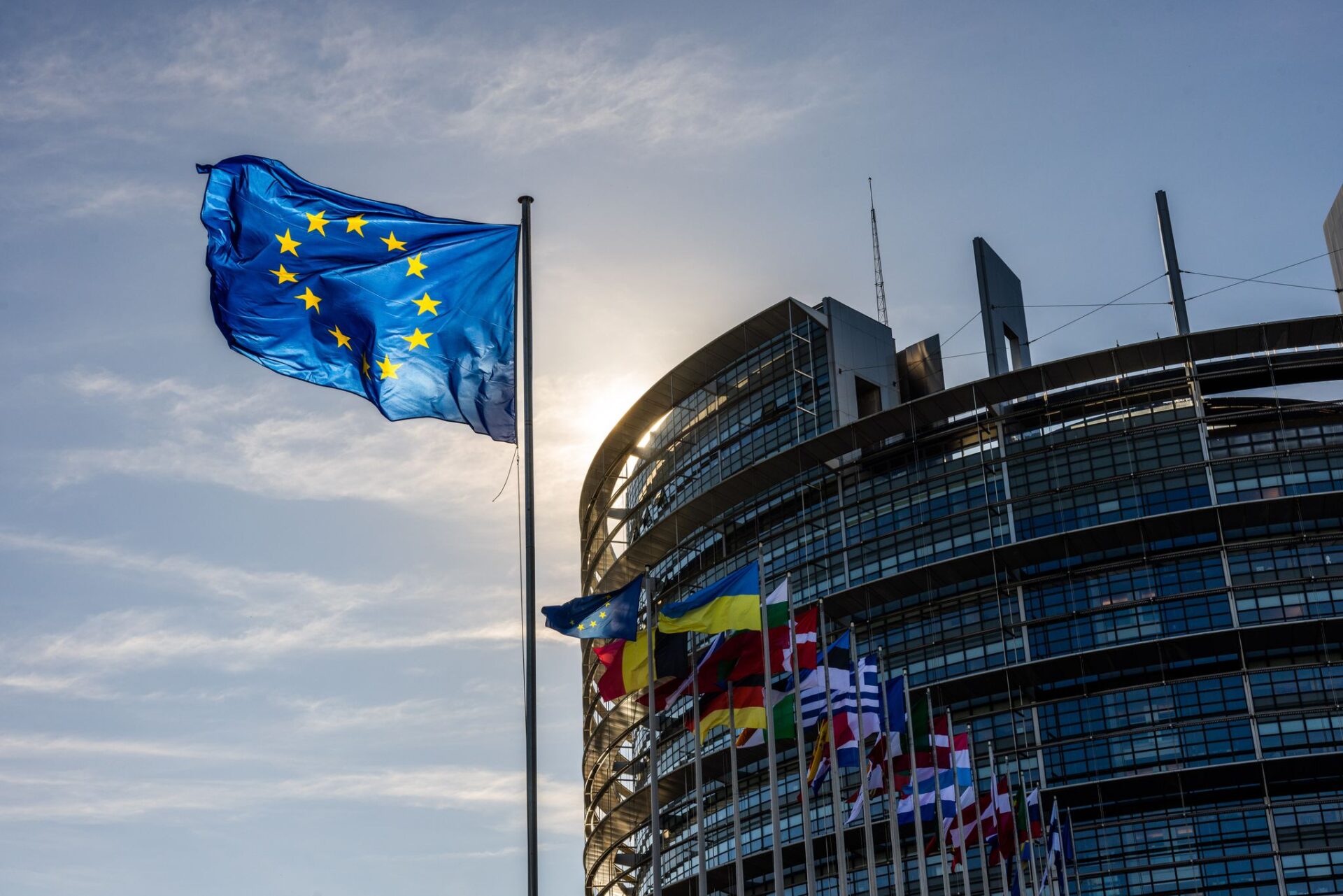Brussels – More than one in four Members of the European Parliament has side income. The six members with the highest side incomes earn more than from their parliamentary work, as reported on Monday by the anti-corruption organization Transparency International (TI). Among the 20 members with the highest side incomes, according to the report, 16 are politically right or generally right of center. According to the information, all parliamentarians combined earn more than 8.7 million euros per year from secondary activities.
For their job as members of parliament, the 705 representatives receive, according to parliament data, without allowances and before taxes, about 120,000 euros per year. They must disclose their side income above a certain threshold.
The incomes of EU Parliament members have been under special scrutiny since investigations were initiated in December 2022 against the now-removed Vice-President of the EU Parliament Eva Kaili and other suspects for involvement in a criminal organization, money laundering, and corruption. In the scandal known as Qatar-Gate, concerning alleged influence by the governments of Qatar and Morocco, media reports suggest that bags full of cash were found at Kaili’s premises.
“How many influence scandals will it take before Members of the European Parliament realize that these lucrative side jobs endanger European democracy?”, criticized Raphael Kergueno from Transparency International on Monday, calling for a ban on side jobs.
The organization highlights the risks associated with conflicts of interest in its report. According to TI, some EU deputies receive compensations from companies in the same sector they also focus their parliamentary activity on.
German EU Members Under Criticism
The German Member of the European Parliament, Markus Ferber (CSU), is said to have advised banks while working on a new directive on financial markets. Ferber himself told the German Press Agency on request that the statement was “not accurate” and there was no conflict of interest. Ferber had stated that he received more than 5000 euros a month from secondary activities. In addition, he received between 80 and 2000 euros per session attended at various bodies such as the Advisory Council on savings bank policy issues.
Transparency International also points to the Member of the European Parliament Axel Voss (CDU), “who wrote a statement on the EU Artificial Intelligence Law while he was simultaneously on the data protection advisory board of the German telecommunications giant Deutsche Telekom.” Voss told dpa on request that it is an independent body that meets just under four times a year and advises on the implementation of the General Data Protection Regulation. The politician stated that he received between 1501 and 6000 euros per month through secondary activities and made no statements about the exact amount due to confidentiality clauses.
 go to the original language article
go to the original language article
